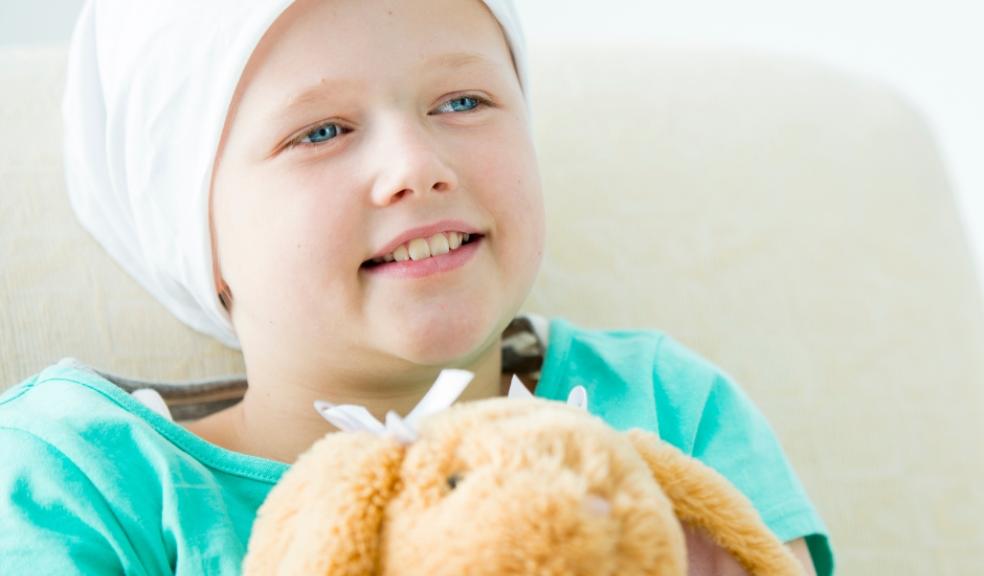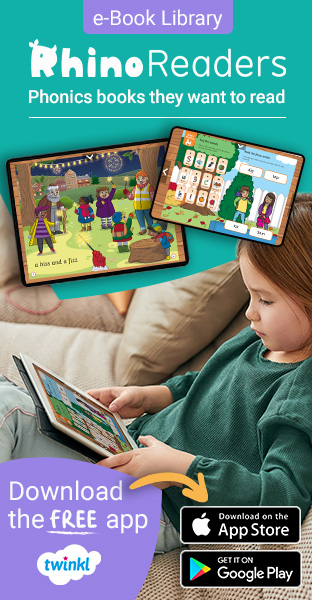
Family of 10-year-old living with life-long impact of brain tumour speaks out at beginning of Childhood Cancer Awareness Month
The family of a 10-year-old from Paignton, Devon, living with life-long effects following her diagnosis with a brain tumour, is working with the charity Brain Tumour Research to share their story of hope and heartbreak this Childhood Cancer Awareness Month.
- Brain tumours kill more children than leukaemia
- One in three children who die of cancer are killed by a brain tumour
- Diffuse intrinsic pontine glioma (DIPG) is the deadliest form of childhood cancer with a median overall survival of between eight and 12 months
- Medulloblastoma is the most common type of high-grade paediatric brain tumour and occurs more often in boys than in girls
- Brain tumours kill more children and adults under the age of 40 yet, historically, they’ve received just 1% of the national spend on cancer research
The family of Leah Martin, who was diagnosed with a high-grademedulloblastoma brain tumour at the age of two, knows only too well the devastation of a childhood brain cancer diagnosis.
Leah has undergone several operations and a gruelling regime of high-dose chemotherapy and radiotherapy which have left her with long-term side effects. She has problems with her speech and mobility, vision and hearing loss, as well as severe learning difficulties and growth issues due to hormonal deficiencies.
Mum Jo said: “When Leah had an MRI scan which revealed a mass in her brain after her mobility had deteriorated alarmingly and she was barely speaking, I was terrified she might have cancer and that she wasn’t going to live.
“Although it turned out that Leah did have brain cancer, happily she is very much alive today and her tumour remains stable. But the sad reality is she can’t run or ride a bike, she can’t read or even write her own name and her learning difficulties mean that she doesn’t understand when it’s safe to cross the road, unless she’s at a pedestrian crossing and sees the little green man light up.
“I don’t know whether it’s because of the pandemic, or because Leah has reached double digits in age, but over the last 12 months or so, I have worried about what it would mean for Leah if something should happen to her dad Wayne or me. I worry about what the future will hold for her – whether she will ever have a job or be able to live independently.”
Jo and Wayne have learnt through Leah how the effects of brain tumours are so much more complicated and far-reaching than any other cancer and that the impact of surgery and treatment on the brain is even greater, the younger the patient.
Jo added: “We desperately need more funding to go into research to help find more effective and safer treatments for brain tumour patients, as well as ultimately a cure. That’s why we set up Leah’s Fairy Fund, a Fundraising Group under the umbrella of Brain Tumour Research. We are very proud to have raised almost £24,000 to date, which is sponsoring the equivalent of eight days of research at one of Brain Tumour Research’s Centres of Excellence.”
Brain Tumour Research is funding research across all of its Centres of Excellence, which will help towards finding a cure for a wide range of brain tumours, including one within the University of Plymouth.
Melanie Tiley, community development manager at Brain Tumour Research said: “In sharing Leah’s powerful story, the Martin family is highlighting the devastation of a childhood brain tumour diagnosis. To hear that a young person has been diagnosed with brain cancer is shattering.
“Hope lies in the research taking place at the Brain Tumour Research Centres of Excellence, which will help us get closer to a cure. But while the money continues to come in from campaigners and fundraisers, it comes from the British public, and we need more commitment from the Government and larger cancer charities, to help fund the discovery science that will deliver the innovations we need in our area. It is only through working in a joined up, thought-through manner that we can achieve the outcome we so desperately need.”
To find out more about our Childhood Cancer Awareness Month activities, including how you can donate and help Brain Tumour Research get closer to a cure please visit: Childhood Cancer Awareness Month (braintumourresearch.org)
Cover photo By FatCamera on Canva













